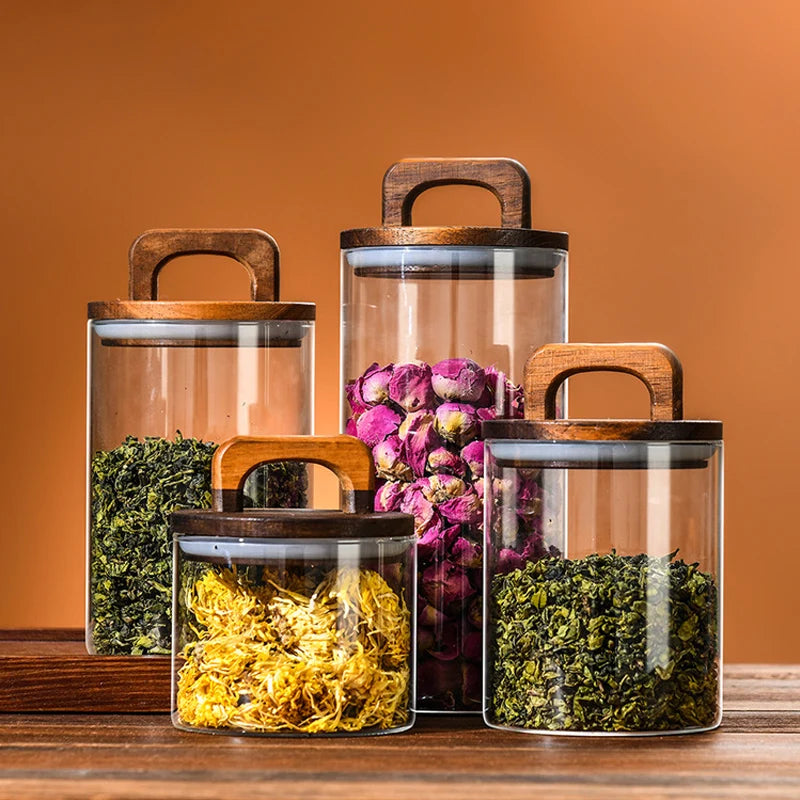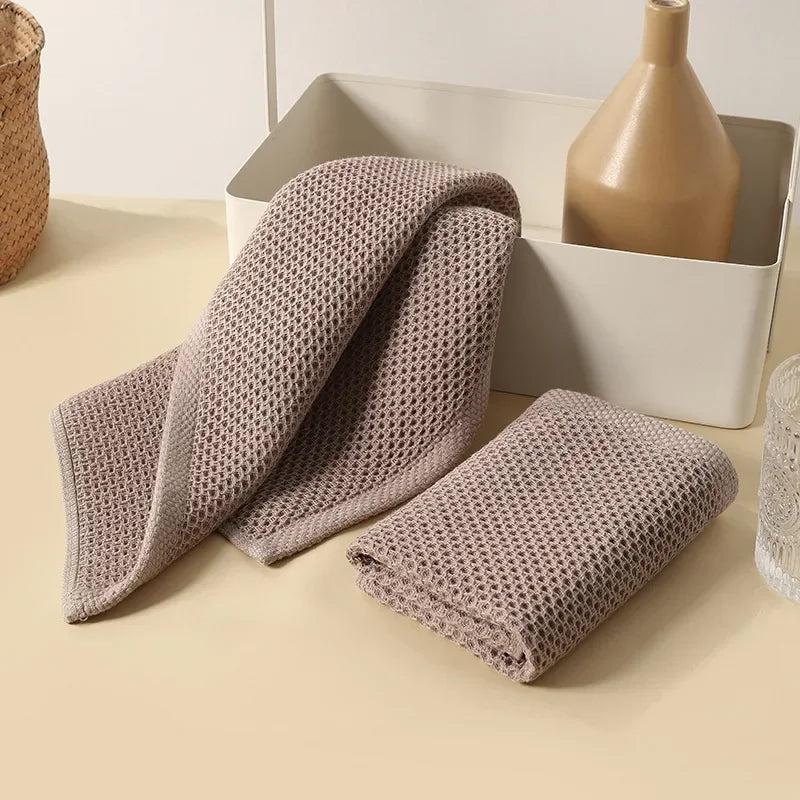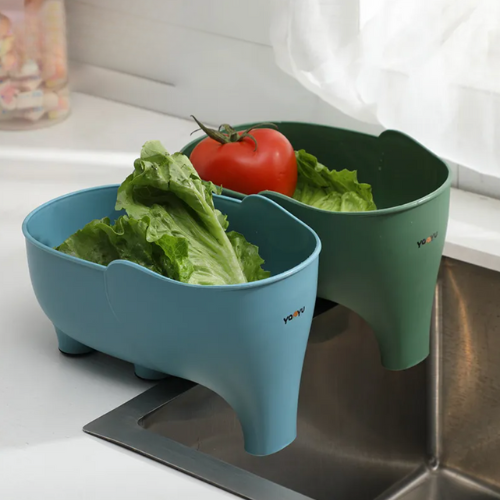Probiotic vs. Prebiotic: What’s the Difference?
Learn the key differences between probiotics and prebiotics, their health benefits, and how to include them in your diet. A complete guide to gut health!
When it comes to maintaining a healthy gut, the terms probiotic and prebiotic are often used interchangeably. While both play crucial roles in supporting gut health, they are not the same. Understanding their differences can help you make informed dietary choices that promote overall well-being. In this guide, we’ll break down what probiotics and prebiotics are, how they work, and why they’re essential for optimal health.
Key Takeaways
- Probiotics are live beneficial bacteria found in fermented foods like yogurt and kimchi.
- Prebiotics are non-digestible fibers that feed probiotics, found in foods like garlic, onions, and bananas.
- Both are essential for gut health, immunity, and overall well-being.
- Combine probiotics and prebiotics in your meals for maximum benefits.
- Consult a healthcare provider if you have health conditions before starting new supplements.
What Are Probiotics?
Probiotics are live microorganisms—often referred to as "good bacteria"—that provide numerous health benefits when consumed in adequate amounts. These beneficial bacteria reside in your gut and help maintain a balanced gut microbiome, which is essential for digestion, immune function, and overall health.
How Probiotics Work?
Probiotics work by replenishing and maintaining the healthy bacteria in your gut. They can help combat the effects of harmful bacteria, improve nutrient absorption, and support a healthy digestive system.
Sources of Probiotics
Probiotics are found in fermented foods and supplements. Common probiotic-rich foods include:
What Are Prebiotics?
Prebiotics, on the other hand, are a type of dietary fiber that feeds the beneficial bacteria in your gut. Think of them as the "fertilizer" that helps probiotics thrive. Unlike probiotics, prebiotics are not living organisms; they are non-digestible compounds that promote the growth of healthy gut bacteria.
How Prebiotics Work?
When consumed, prebiotics travel through the digestive tract to the colon, where they serve as food for probiotics and other beneficial bacteria. This process helps stimulate the growth of healthy gut flora.
Sources of Prebiotics
Prebiotics are found in certain fiber-rich foods, including:
- Bananas (especially unripe)
- Onions and garlic
- Leeks
- Asparagus
- Chicory root
- Jerusalem artichokes
- Whole grains like oats and barley
Key Differences Between Probiotics and Prebiotics
Aspect | Probiotics | Prebiotics |
Definition | Live beneficial bacteria | Non-digestible fibers that feed good bacteria |
Function | Replenish and maintain gut flora | Promote the growth of probiotics |
Sources | Found in fermented foods and supplements | Found in fiber-rich plant-based foods |
Role in Gut Health | Improve balance and diversity of gut microbiome | Enhance the activity of probiotics |
Why Are Probiotics and Prebiotics Important?
The gut is home to trillions of bacteria that influence digestion, immune function, mental health, and even weight regulation. Maintaining a balanced gut microbiome is essential for overall health, and both probiotics and prebiotics play unique and complementary roles.
Health Benefits of Probiotics
- Improved Digestion: Probiotics help break down food, making nutrients more accessible.
- Enhanced Immunity: A balanced gut microbiome supports a strong immune system.
- Reduced Inflammation: Probiotics can help alleviate symptoms of inflammatory conditions, such as IBS.
- Better Mental Health: Probiotics may positively impact mental health by influencing the gut-brain axis.
Health Benefits of Prebiotics
Support Probiotics: Prebiotics provide the fuel probiotics need to grow and thrive.
Improve Digestive Health: Prebiotics promote regular bowel movements and prevent constipation.
Boost Calcium Absorption: Some prebiotics enhance mineral absorption, such as calcium, improving bone health.
Strengthen Immunity: A well-fed gut microbiome supports a more robust immune response.
Do You Need Both Probiotics and Prebiotics?
Yes! Probiotics and prebiotics work best together in a symbiotic relationship. While probiotics introduce good bacteria into your gut, prebiotics ensure that these bacteria are well-fed and can multiply. Including both in your diet is essential for a healthy and diverse gut microbiome.
Synbiotics: The Best of Both Worlds
Some foods and supplements combine probiotics and prebiotics, known as synbiotics. For example, yogurt with added fiber or a probiotic supplement containing prebiotic ingredients can provide both benefits in one.
How To Incorporate Probiotics and Prebiotics into Your Diet?
Daily Diet Plan for Gut Health
- Breakfast: Start your day with a bowl of yogurt (probiotic) topped with bananas and oats (prebiotic).
- Lunch: Include a serving of miso soup or a side of sauerkraut with your meal.
- Snack: Grab a handful of chicory root crackers or a green smoothie with leeks and garlic.
- Dinner: Pair tempeh stir-fry (probiotic) with a side of asparagus (prebiotic).
Practical Tips
- Incorporate fermented foods into your meals regularly.
- Use onions, garlic, and leeks as a base for soups and stews to add prebiotics.
- Choose whole grains over refined grains to maximize prebiotic fiber intake.
- Look for supplements that contain both probiotics and prebiotics if dietary changes are challenging.
Common Myths About Probiotics and Prebiotics
Myth 1: All Probiotics Are the Same
Not true. Different probiotic strains offer different benefits. For example, Lactobacillus acidophilus supports digestion, while Bifidobacterium bifidum enhances immunity.
Myth 2: Prebiotics Are Only for Vegetarians
While prebiotics are plant-based, anyone can benefit from them regardless of dietary preference. They’re easily incorporated into any diet.
Myth 3: Probiotics Are Only for Digestive Health
Probiotics also support mental health, skin health, and even weight management, proving their benefits go far beyond the gut.
Potential Side Effects and Precautions
While probiotics and prebiotics are generally safe for most people, some may experience minor side effects such as gas or bloating, particularly when first increasing fiber intake. If you have a compromised immune system or chronic health conditions, consult a healthcare provider before starting a probiotic or prebiotic regimen.
Understanding the difference between probiotics and prebiotics is key to optimizing your gut health. Probiotics introduce beneficial bacteria into your system, while prebiotics ensure these bacteria thrive. Together, they form a powerful team that supports digestion, immunity, and overall well-being.
Incorporate a variety of probiotic and prebiotic-rich foods into your daily diet for a balanced gut microbiome and a healthier you. Whether through fermented foods, high-fiber vegetables, or supplements, these gut-friendly nutrients can transform your health from the inside out.
Important Note: Consult Your Doctor First
While probiotics and prebiotics can offer numerous health benefits, it's essential to consult with a healthcare professional before making significant changes to your diet or starting new supplements. Individuals with certain medical conditions, compromised immune systems, or those taking specific medications may experience adverse effects. Always seek personalized medical advice to ensure that probiotics, prebiotics, or any other dietary changes are safe and suitable for your individual health needs.


























